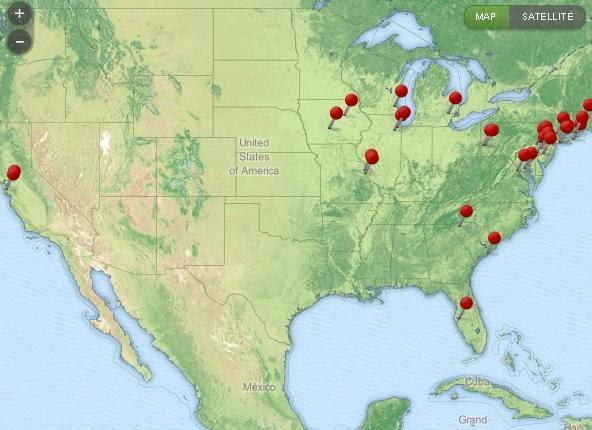
Chimpanzees have now shown they can help strangers at personal cost without apparent expectation of personal gain, a level of selfless behavior often claimed as unique to humans.
These new findings could shed light on the evolution of such altruism, researchers said.
Scientists think altruism evolved to help either kin or those willing and able of returning the favorâÂÂto help either oneâÂÂs genetic heritage or oneself. Humans, on the other hand, occasionally help strangers without apparent benefit for themselves, sometimes at great cost.
To investigate when chimpanzees might aid either humans or each other, researchers studied 36 chimps at Ngamba Island Chimpanzee Sanctuary in Uganda that were born in the wild. In experiments, each chimp watched a person they had never seen before unsuccessfully reach for a wooden stick that was within reach of the ape. The person had struggled over the stick beforehand, suggesting it was valued.
Scientists found the chimpanzees often handed the stick over, even when the apes had to climb eight feet out of their way to get the stick and regardless of whether or not any reward was given. A similar result with 36 human infants just 18 months old yielded comparable results.
âÂÂChimpanzees and such young infants both show that some level of altruism may be innate and not just a factor of education,â said developmental and comparative psychologist Felix Warneken at the Max Planck Institute for Evolutionary Anthropology at Leipzig, Germany. âÂÂPeople say we become altruistic because our parents teach us so, but that young children are originally selfish. This suggests maybe culture is not the only source of altruism.âÂÂ







Leave a Reply